UK's surveillance guidance shows tech is "impossible to regulate"
Privacy group Liberty says the updated code of practice fails to account for the dangers created by this "dystopian surveillance tool"
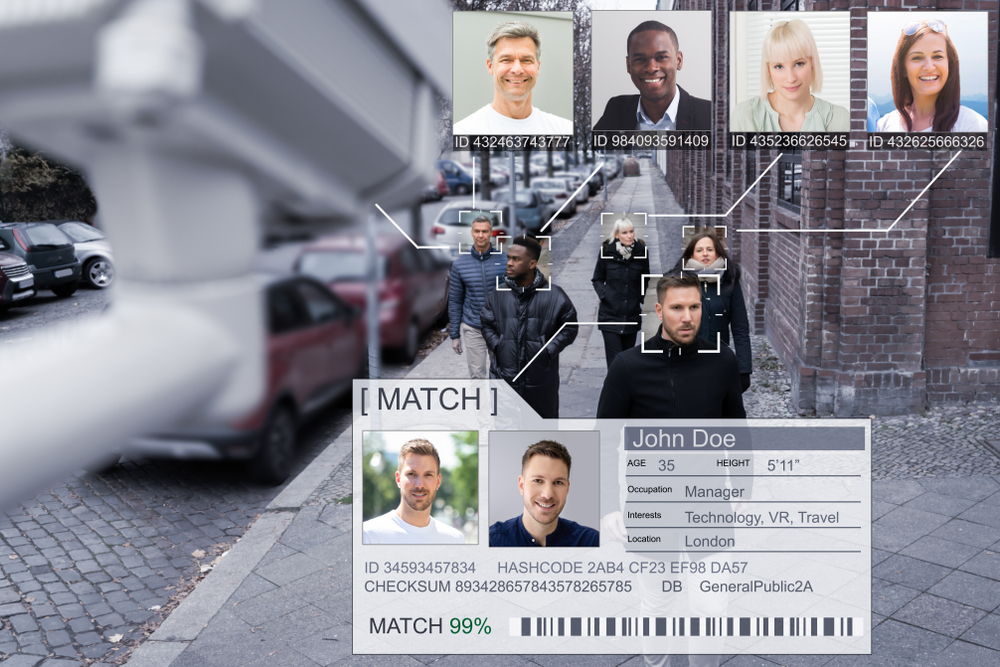

The UK government’s updated surveillance camera code of practice, which includes the use of facial recognition technology by law enforcement, show that it's "impossible to regulate for the dangers created by a technology that is oppressive by design".
That's according to Megan Goulding, lawyer for the UK’s largest civil liberties organisation Liberty.
The guidance on the appropriate use of surveillance camera systems by local authorities and the police was implemented in 2013 and hasn’t been revised since. The newly proposed changes would update the guidance in reference to the UK’s Data Protection Act 2018 as well as last year’s Bridges v South Wales Police ruling, which deemed facial recognition technology for law enforcement purposes as unlawful.
Despite the ruling, the newly proposed amendment takes into account the use of the technology, stating that “any use of facial recognition or other biometric characteristic recognition systems needs to be clearly justified and proportionate in meeting the stated purpose, and be suitably validated”.
The government is open to consultation regarding the amendment, which would be the first since the guidance was introduced in 2013, until 8 September 2021.
Goulding, who was involved in advising the appellant in the Bridges v South Wales Police court case, said that “one year since our case led the court to agree that this technology violates our rights and threatens our liberty”.
RELATED RESOURCE

“These guidelines fail to properly account for either the Court's findings or the dangers created by this dystopian surveillance tool,” she told IT Pro.
Get the ITPro daily newsletter
Sign up today and you will receive a free copy of our Future Focus 2025 report - the leading guidance on AI, cybersecurity and other IT challenges as per 700+ senior executives
According to Goulding, the use of facial recognition will “turn public spaces into open-air prisons, and entrench patterns of discrimination that already oppress entire communities”, adding that, in order to create safer communities, the government “needs to listen to the people who experience discriminatory over-policing”, explore “solutions that rebuild trust”, as well as “stop relying on coercion, control, and punishment”.
"The changes to this surveillance guidance show that it is impossible to regulate for the dangers created by a technology that is oppressive by design. The safest, and only, thing to do with facial recognition is to ban it,” she told IT Pro. “Whatever our background or beliefs, we all want to feel safe and be able to go about our lives freely. Facial recognition undermines these ideals.”
Having only graduated from City University in 2019, Sabina has already demonstrated her abilities as a keen writer and effective journalist. Currently a content writer for Drapers, Sabina spent a number of years writing for ITPro, specialising in networking and telecommunications, as well as charting the efforts of technology companies to improve their inclusion and diversity strategies, a topic close to her heart.
Sabina has also held a number of editorial roles at Harper's Bazaar, Cube Collective, and HighClouds.
-
 Third time lucky? Microsoft finally begins roll-out of controversial Recall feature
Third time lucky? Microsoft finally begins roll-out of controversial Recall featureNews The Windows Recall feature has been plagued by setbacks and backlash from security professionals
By Emma Woollacott Published
-
 The UK government wants quantum technology out of the lab and in the hands of enterprises
The UK government wants quantum technology out of the lab and in the hands of enterprisesNews The UK government has unveiled plans to invest £121 million in quantum computing projects in an effort to drive real-world applications and adoption rates.
By Emma Woollacott Published
-
 SoftBank under pressure over links with 'blacklisted' Chinese facial recognition firm
SoftBank under pressure over links with 'blacklisted' Chinese facial recognition firmNews A subsidiary of the Japanese tech giant that conducts business with Mastercard and Visa relies on tech by the sanctioned SenseTime
By Rory Bathgate Published
-
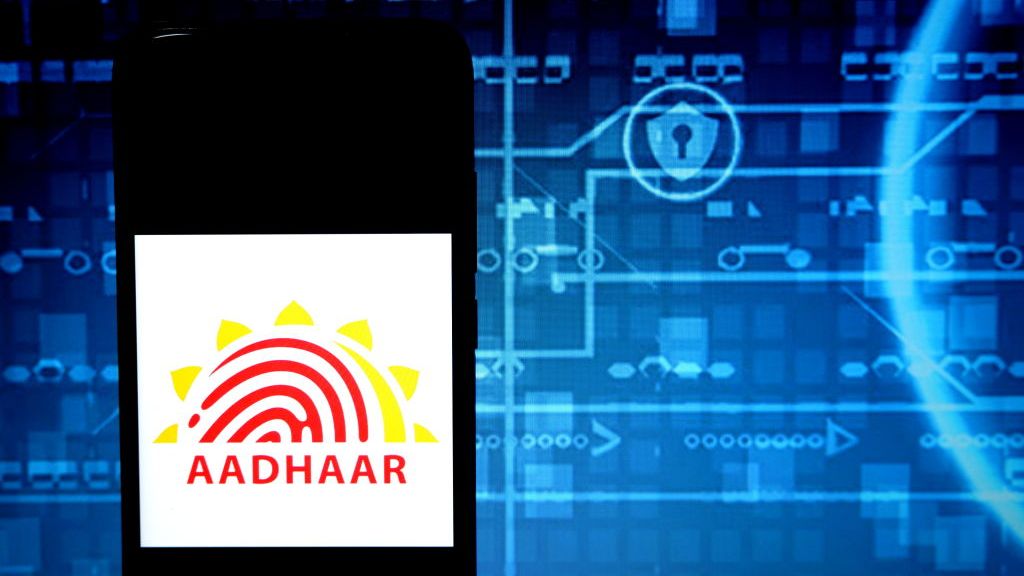 India backtracks on biometric ID system warning
India backtracks on biometric ID system warningNews Despite alerting citizens to problems with the system, it has now withdrawn the warning two days after its publication
By Zach Marzouk Published
-
 £100 contactless payment limit could place shoppers at risk, warn industry experts
£100 contactless payment limit could place shoppers at risk, warn industry expertsNews The tech industry reacts to the new threshold introduced by the FCA
By Sabina Weston Published
-
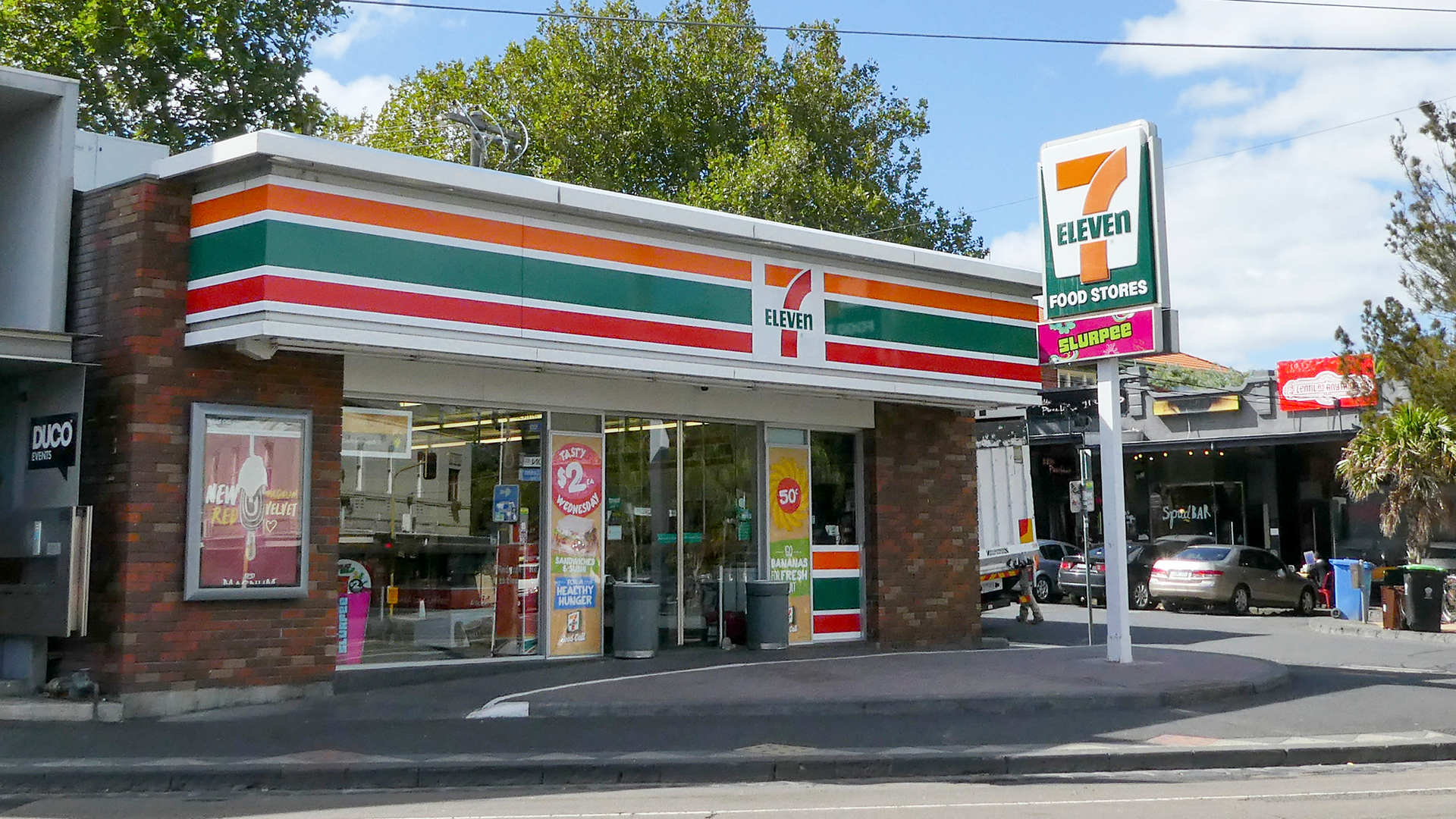 7-Eleven biometric data collection found in breach of Australian privacy laws
7-Eleven biometric data collection found in breach of Australian privacy lawsNews The US convenience store chain has been ordered to scrap its facial scanning tool and delete any stored data
By Zach Marzouk Published
-
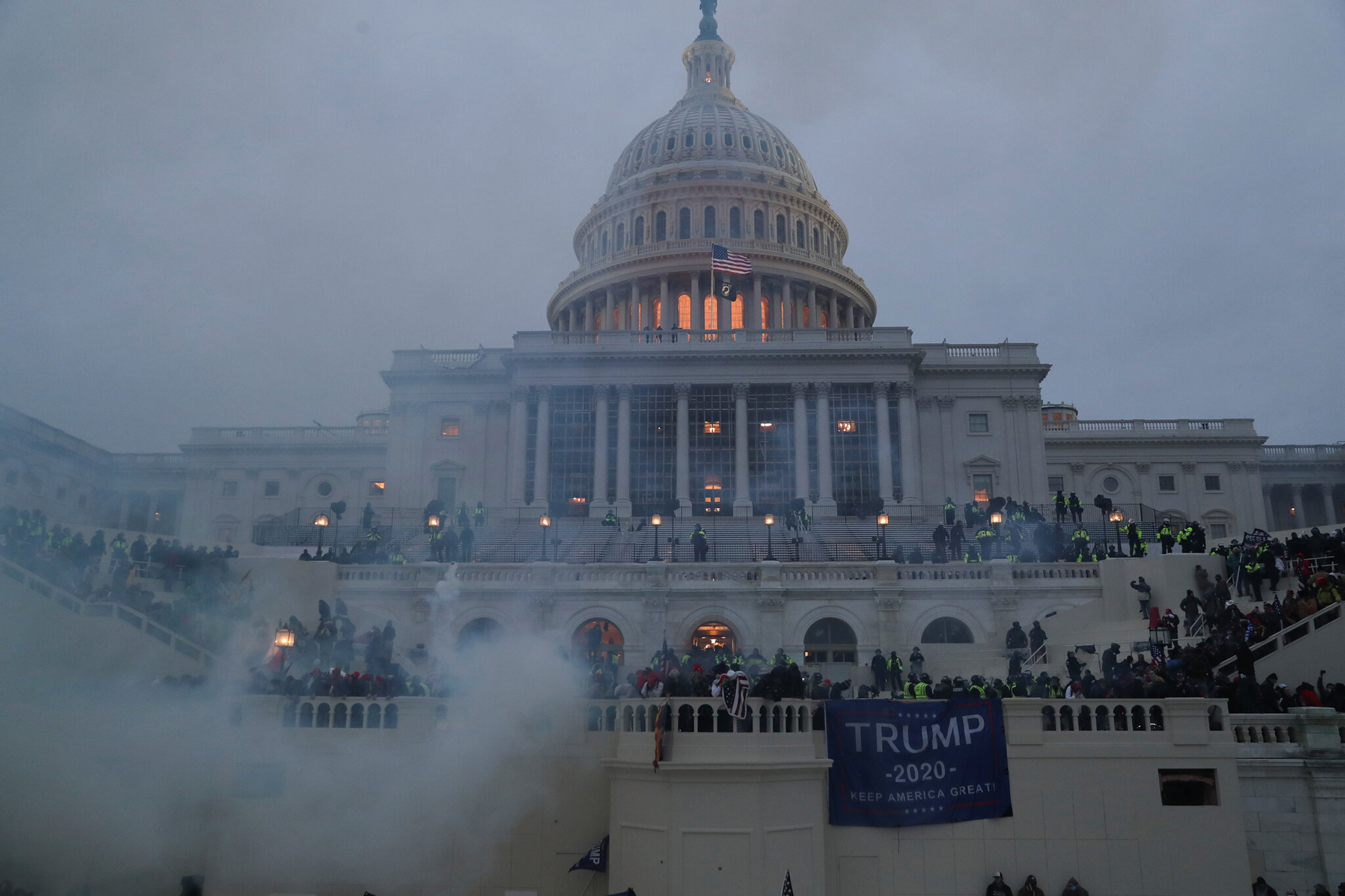 Judge forces Capitol rioter to unlock laptop using facial recognition
Judge forces Capitol rioter to unlock laptop using facial recognitionNews Prosecutors argued that the Microsoft device could contain footage of the 6 January insurrection
By Zach Marzouk Published
-
 AI should include 'undesirable side effect' warnings, claims PwC
AI should include 'undesirable side effect' warnings, claims PwCNews Maria Luciana Axente says data scientists should respond to an ethical code just like medical practitioners
By Sabina Weston Published
-
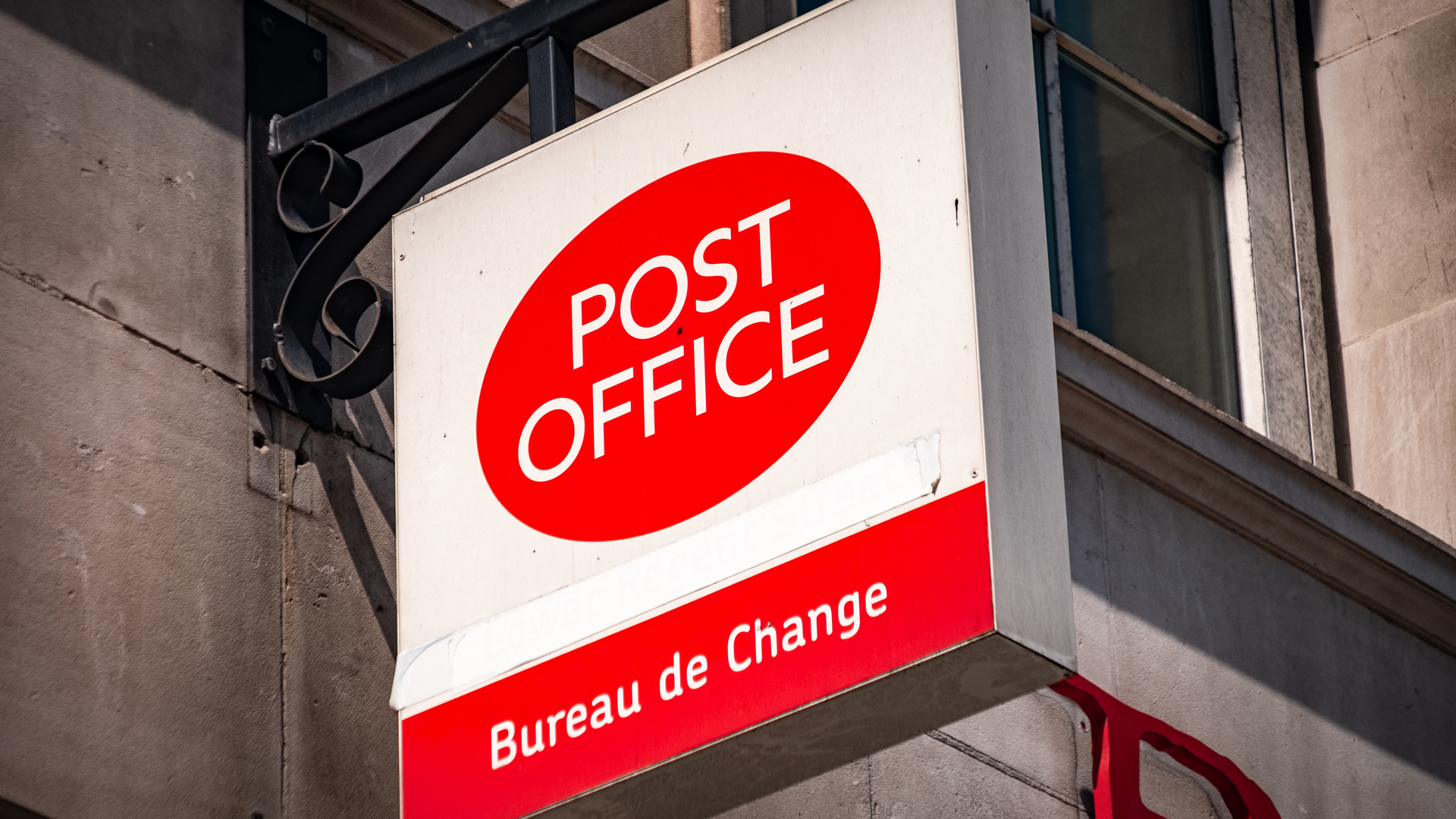 Post Office embraces biometrics for new digital identity app
Post Office embraces biometrics for new digital identity appNews Customers can be identified for passport and driving licence renewals from the safety of their homes
By Sabina Weston Published
-
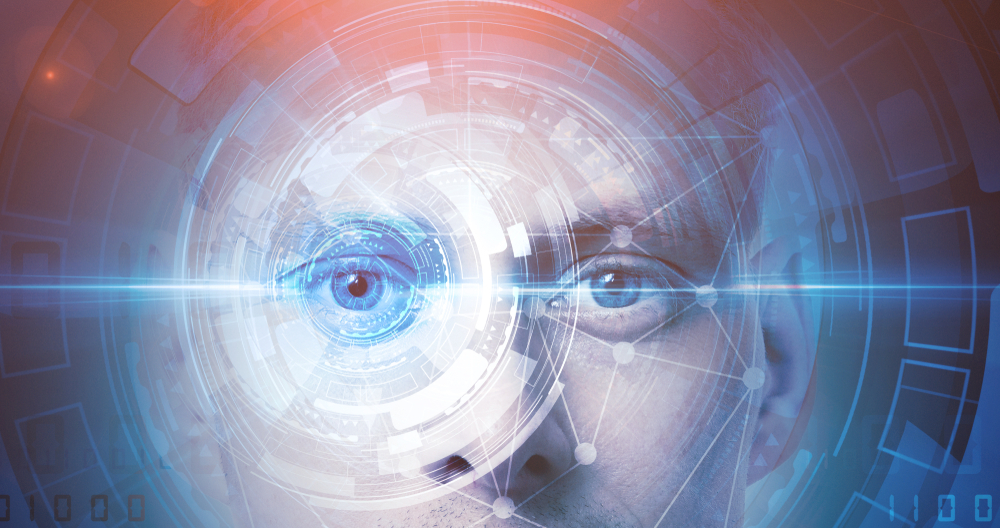 Clearview AI investigated over 'social media data scraping'
Clearview AI investigated over 'social media data scraping'News The notorious facial recognition firm provides image data to law enforcement agencies
By Bobby Hellard Published